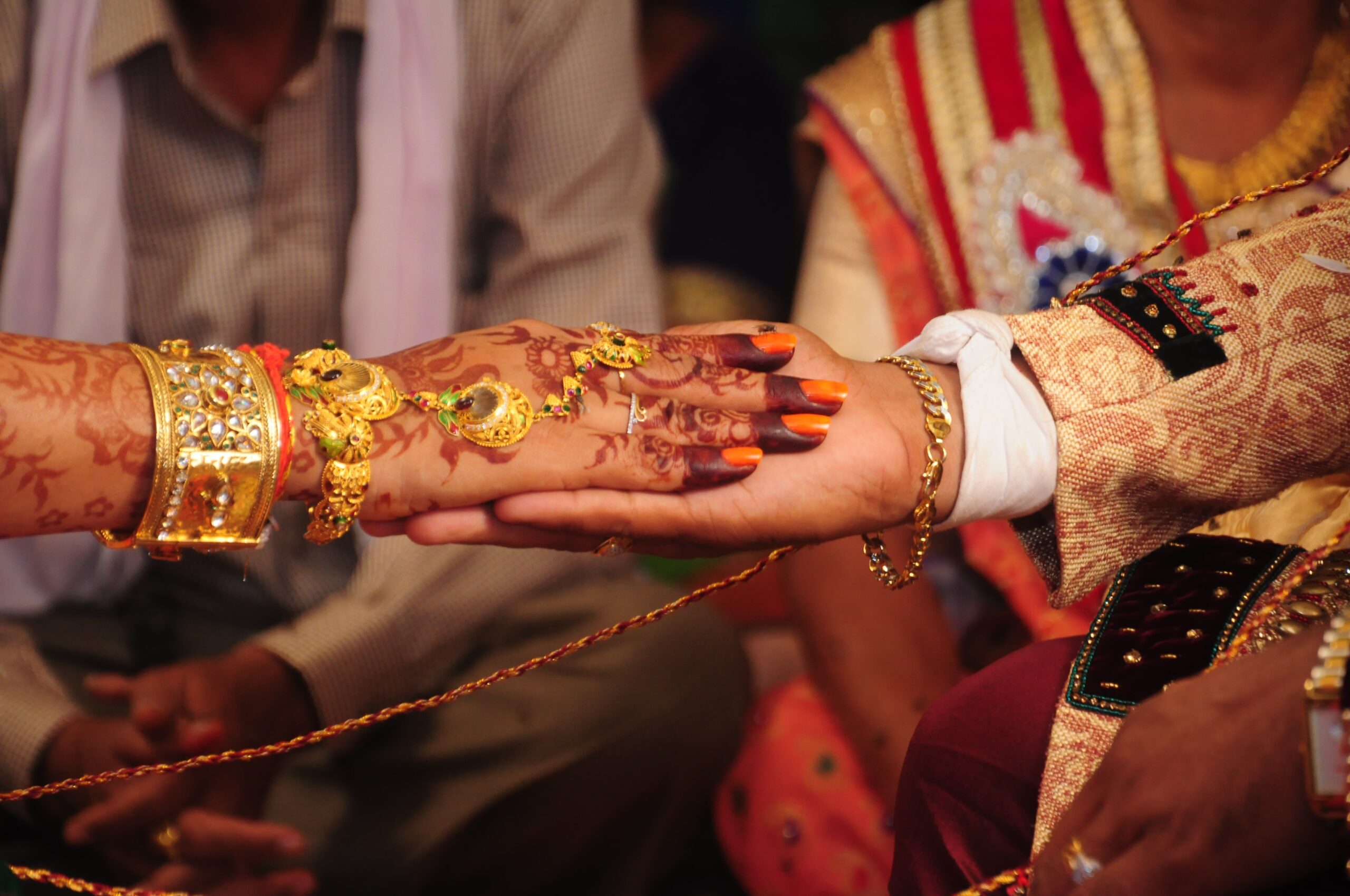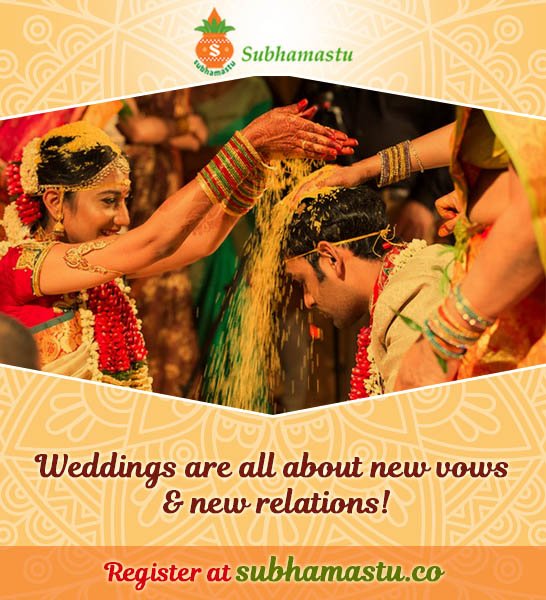The Kamma community, like many other Hindu communities, has several pre-wedding, wedding, and post-wedding rituals that are followed to ensure the smooth conduct of the marriage ceremony. Here are the major rituals that take place during Kamma community marriages:
Pre-wedding rituals:
- Nischitartham or engagement ceremony
- Pendlikoothuru or haldi ceremony
- Snathakam or sacred thread ceremony
- Kashi Yatra or mock pilgrimage to Kashi
- Mangala Snaanam or pre-wedding bath
Wedding rituals:
- Ganesh Puja or worship of Lord Ganesha
- Kanyadaan or giving away the bride by her parents
- Jeelakarra Bellam or exchange of tamarind and jaggery paste
- Madhuparkam or dressing up of the groom in a white dhoti
- Sumangali Puja or worship of married women
- Muhurtham or the auspicious time for the wedding
- Pada Puja or worship of the feet of the bride and groom
- Mangalsutra Dharana or tying of the sacred thread by the groom around the bride’s neck
- Saptapadi or taking seven vows around the sacred fire
- Kanyadaan Akshata or the showering of rice grains on the bride by her parents
- Akshintalu or exchange of garlands
- Sankalpam or taking a vow to stay together as husband and wife
- Dhruva Darshana or sighting of the pole star
- Laaja Homam or offering of puffed rice to the fire
- Vidaai or farewell ceremony for the bride
Post-wedding rituals:
- Grihapravesham or entry into the groom’s house
- Reception ceremony or welcoming the bride to the groom’s family
- Saptapadi or taking seven steps together as husband and wife
- Satyanarayana Puja or worship of Lord Satyanarayana
- Shanti Puja or seeking blessings of the gods and goddesses for a happy and peaceful married life.
These rituals may vary from region to region and from family to family. However, the underlying significance of each ritual is to bless the couple and ensure their successful and happy married life.




